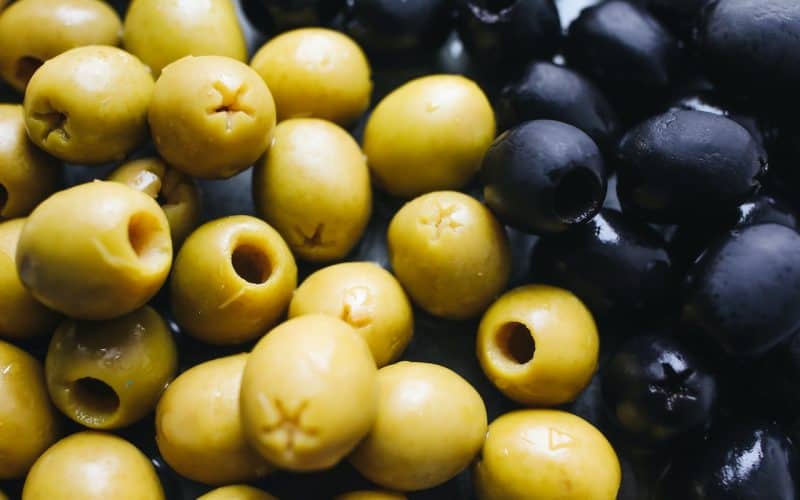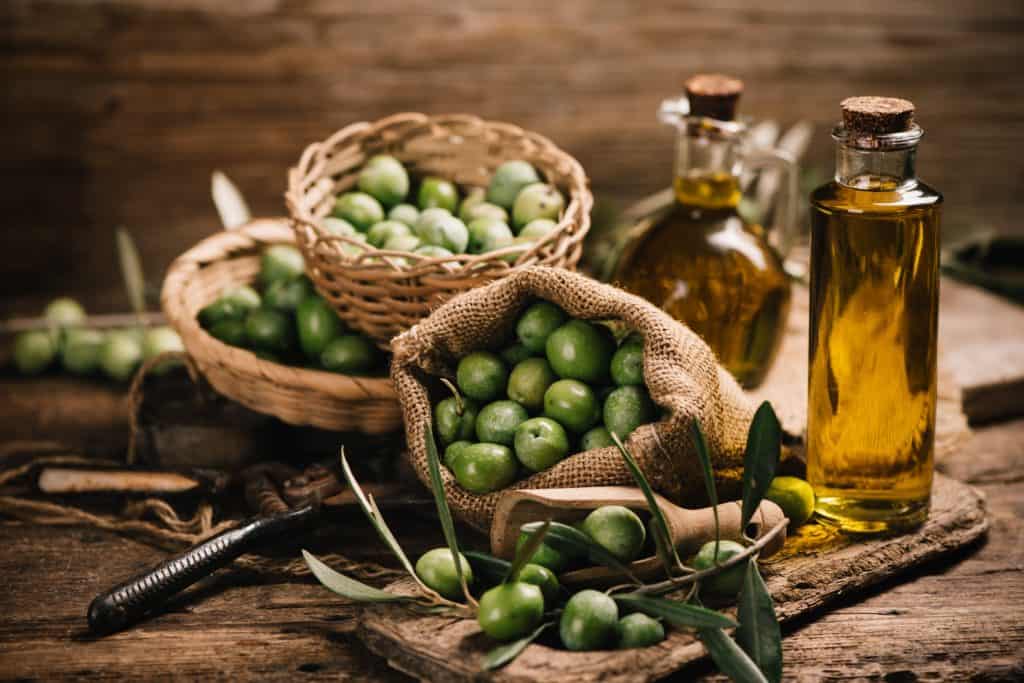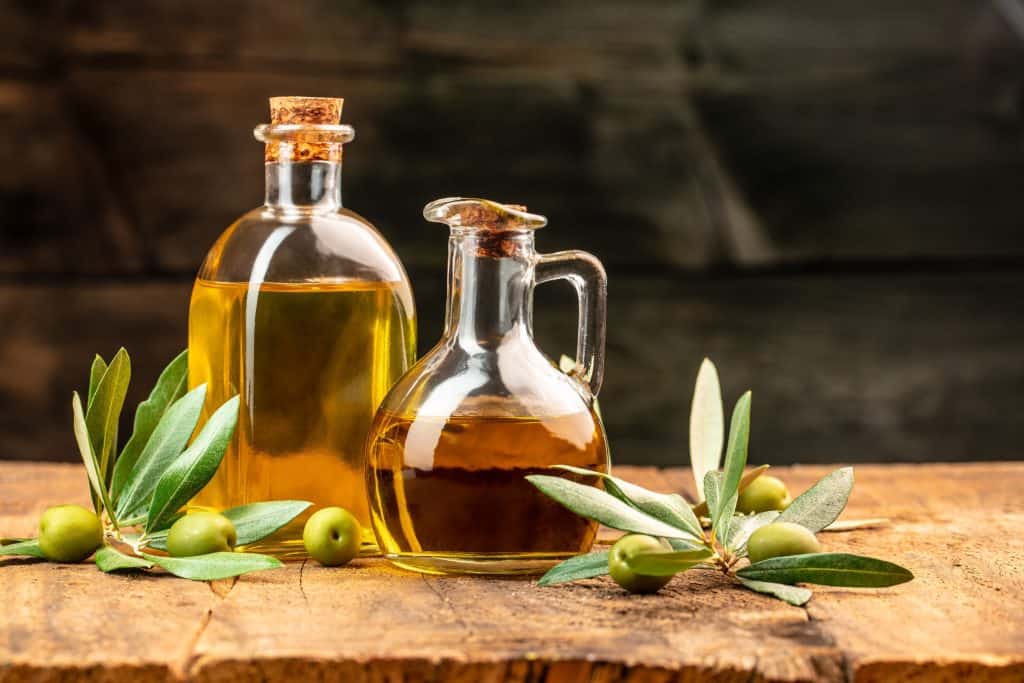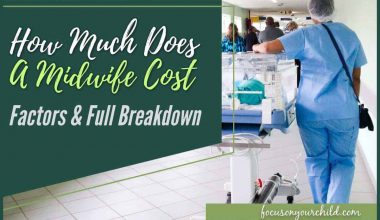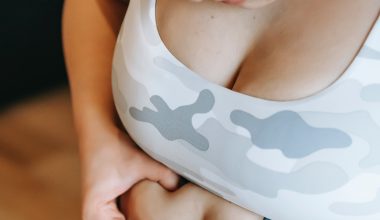Pregnancy is a trying part of a woman’s life, and they often have to give up a lot of foods they used to be able to enjoy. Are olives one of them? Can pregnant women eat olives safely?
The good news is that pregnant women can eat olives. In fact, it’s highly recommended! Olives are a healthy food that provides a ton of monosaturated fats, vitamin E, calcium, iron, and fiber.
That said, these olives should be packed in water, not vinegar. Pregnant women should also steer clear of unpasteurized olives, so read the label before buying yourself a jar!
Olives have ingredients that mitigate high blood pressure, but they also come with components that increase it too – namely high calories and sodium. It won’t be a problem in moderation, and you’ll be fine so long as you’re mindful of your intake.
Olives are safe for pregnancy. Eating a few at a time will bolster your immune system, provide crucial nutrition for your overworked body, and even lower your blood pressure. Treat it as a dietary supplement though, as eating too many olives will still be bad for pregnant women.
Can Pregnant Women Eat Olives? (Should They?)
The Health Benefits of Olives
Olives are a pretty solid food that provides plenty of health benefits for women during pregnancy.
They’re rich in monosaturated fats, which are amazing for heart health. It lowers bad cholesterol levels, improves weight loss, and lowers the risk of high blood pressure and stroke.
Olives also have antioxidants, which combat free radicals. This helps mitigate pulmonary issues, just like monosaturated fats, and also has the added boon of reducing the risk of cancer.
Olives also have lots of iron, calcium, and fiber. They’re just a great addition to most diets and can help pregnant women supplement their nutritional needs pretty handily.
Pasteurization
Pasteurization is a method of heat treatment that serves to kill bacterial contaminants, at the cost of some nutritional value loss. Pregnant women should ensure their food has been pasteurized whenever possible, as foodborne bacteria like Listeria are often dangerous for the fetus.
It’s always better to pass on a snack than to eat it unpasteurized, as far as pregnancy is concerned.
Pickling
Pickling usually involves soaking a food item in vinegar or salty water, though both ways seriously increase the final product’s sodium content.
Olives already have a modest level of sodium, but pickling them takes this even further. It might even reach a point where the costs outweigh the benefits, and your heart health suffers for it.
There’s nothing wrong with one or two pickled olives, but that serving limit is pretty strict. Pregnant women already have to be mindful of normal olives, so don’t push it with pickled ones.
What Happens When You Have Too Many Olives?
Pregnant women can eat olives safely, but things go downhill when they eat too many.
For starters, olives are pretty rich in sodium – even if you don’t pickle them. Eating too many olives while pregnant spikes your sodium intake, which would ironically end up increasing your blood pressure. For pregnant women, this also increases the strain on their kidneys and heart.
Olives also have high caloric content for their size. Even if they’re great at stimulating metabolism and weight loss, that won’t do you much good when you’re binging on so many calories!
What about Olive Oil?
Olive oil takes what olives have to offer – both the good and the bad – and distills it even further (no pun intended). It’s very nutritious and can help curb high blood pressure in moderation. Due to this, a pregnant woman may want to drink a little bit of olive oil from time to time.
In excessive amounts, too much olive oil can lead to bloating and diarrhea. It will eventually lead to weight gain, potential kidney failure, and even stroke. This is because olive oil lowers both your blood sugar and blood pressure, which can make you feel nauseous, fatigued, or prone to fainting.
Final Thoughts
Olives offer a lot of nutritional merit for both short-term and long-term needs, and also give healthy fats to mitigate bad cholesterol. That said, eating too much could do just the opposite – increasing your blood pressure, blood sugar, and even weight gain.
Pregnant women can eat olives – in fact, it’s recommended due to all the health benefits. Just make sure to moderate your intake of olives, as too much of anything will be bad for you.
